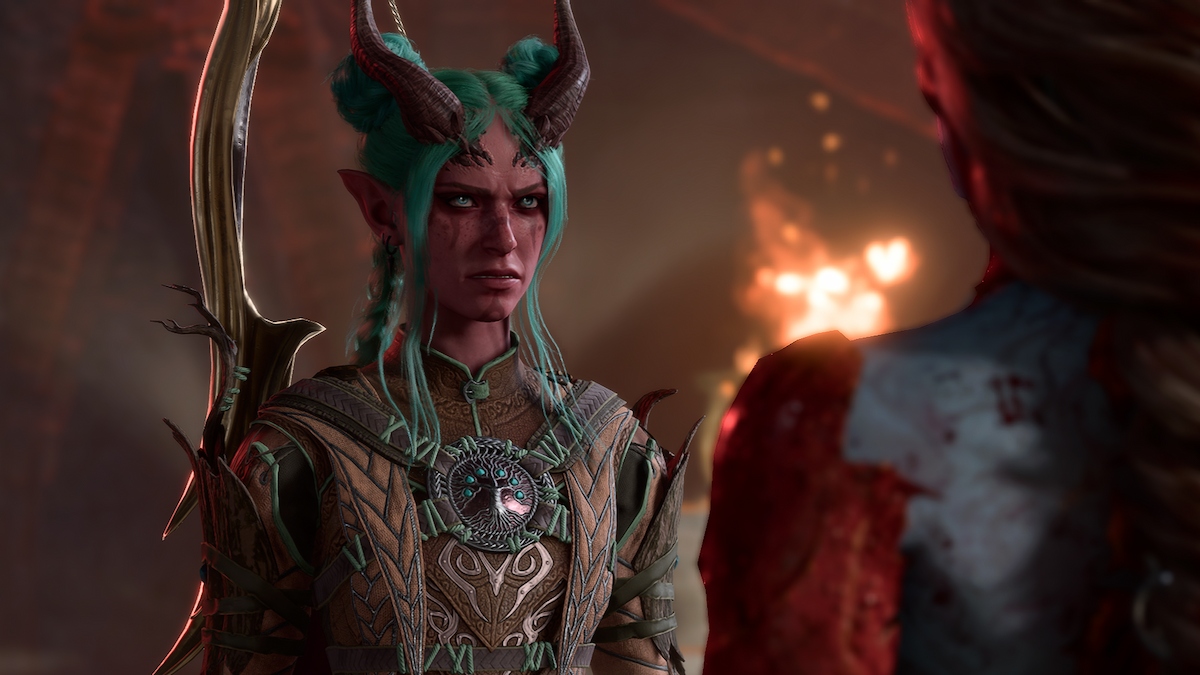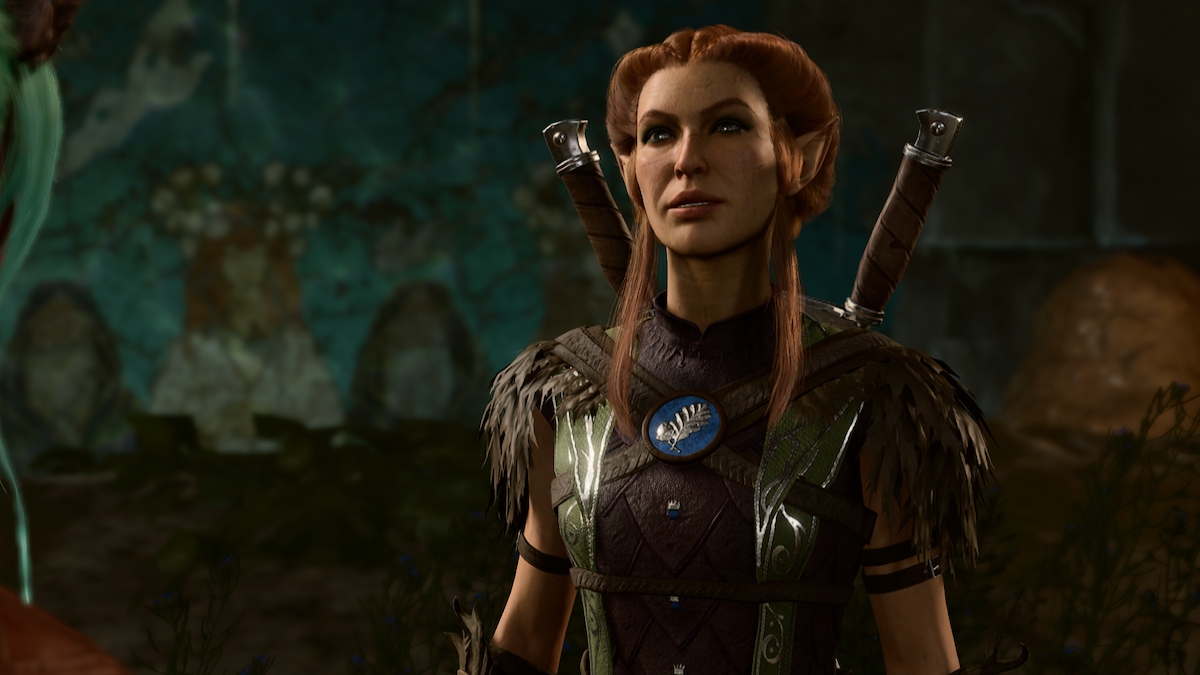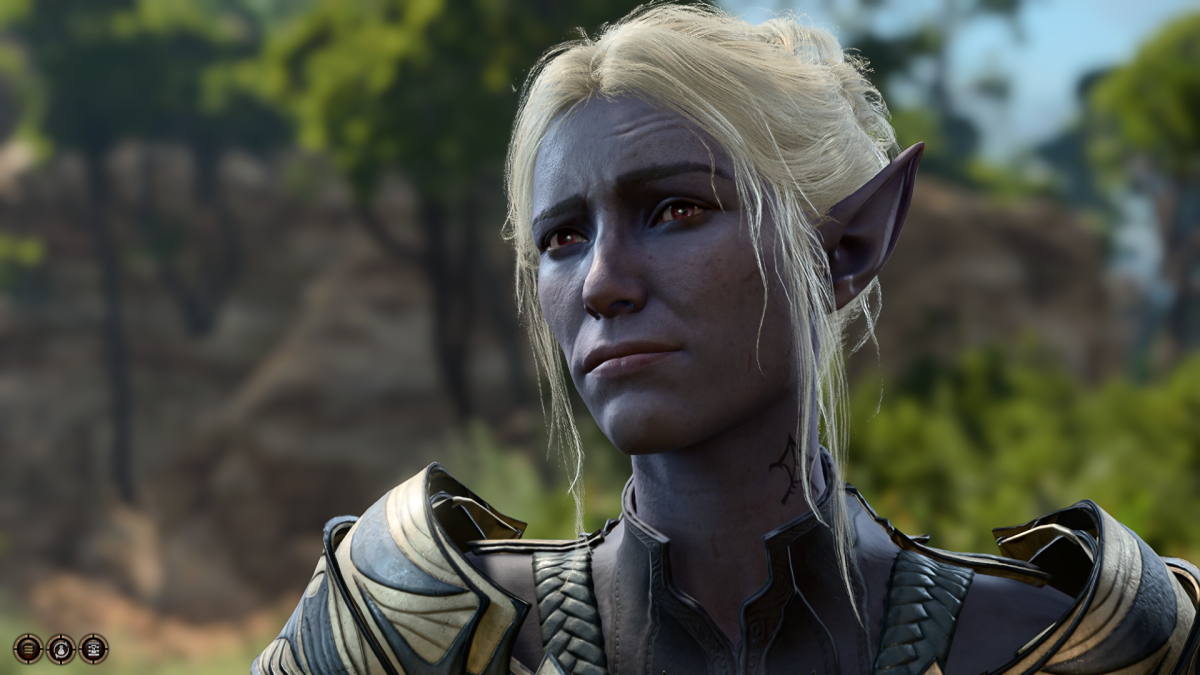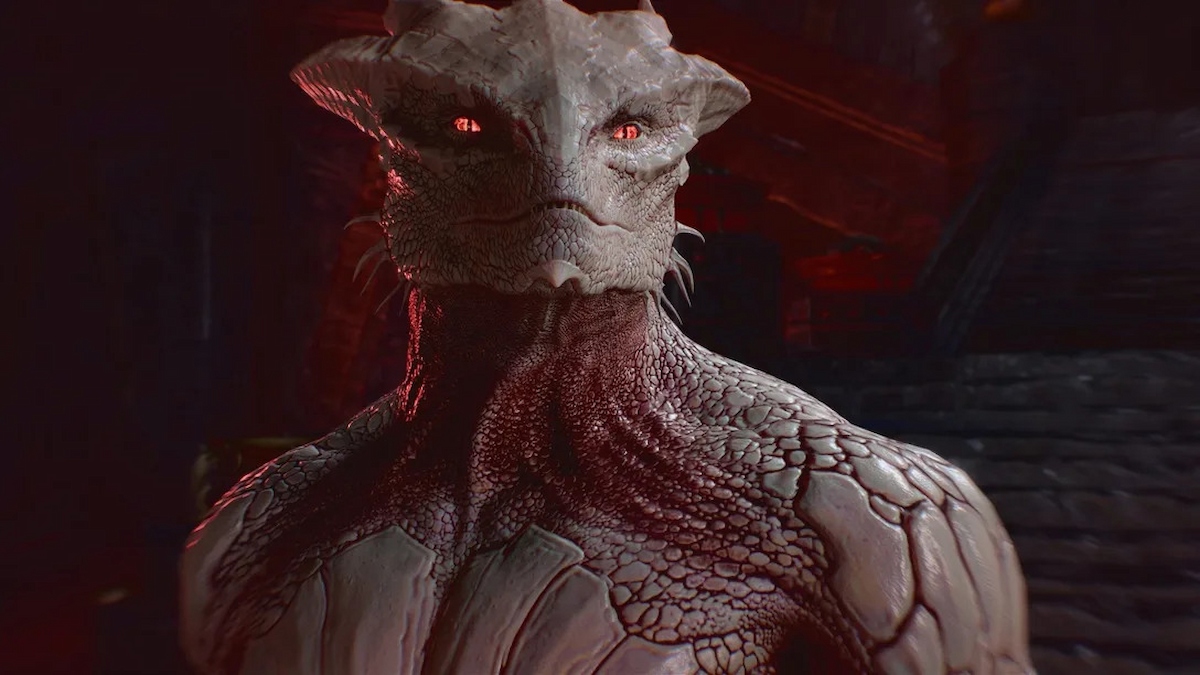Whenever you pick up a new RPG for the first time, do you ever think to yourself ‘this is when I’ll finally play an evil character’? I often tell myself that as well, as I create my dark character and pick their class and skills to match this aesthetic. But when it comes to actually playing the game, I falter quite easily, and fail to pick any of the evil options. In Baldur’s Gate 3, this can happen quite often, especially if you’re playing the Dark Urge. But why is it so hard to be an evil Dark Urge character in Baldur’s Gate 3? Let’s try to figure this out together.
Why it’s difficult to make evil choices in games like Baldur’s Gate 3
This thought came to mind after reading this post on Reddit about how one player was incapable of playing an evil character in this D&D-inspired RPG. It says it right in the name: an RPG is a role-playing game, and you have to step into the role of whoever is making the decisions within the game. There are a lot of reasons I can think of as to why it’s easier to pick the heroic options over the chaotic evil choices.
I’m incapable of playing evil… why?! Anyone else?!
byu/MELBoys inBaldursGate3
Serious dilemmas lead to dire consequences
The Reddit post gives a good example of one of the difficult choices. When I say it’s “difficult,” I simply mean it’s difficult not to go for the good choice. Near the beginning of Act 1 in Baldur’s Gate 3, if you head inside the Druid Grove, you can find yourself in the midst of a tense interrogation. Kagha, the temporary Druid leader, is interrogating a Tiefling child for attempting to steal something. You can either stop the conflict and save the Tiefling’s life, or let Kagha deal with it, which ends with her having a snake poison the child, leading to her death.
There are many moments in Baldur’s Gate 3 where you interact with children, animals, and other innocents. When faced with a situation like this, you know there may be consequences for you intervening, but you feel bad for not trying to save the child, right? After all, she didn’t end up stealing anything, and she looks quite frightened while trying to plead for her life. Any rational being would stop Kagha from heartlessly ending a child’s life.
But this is a game, and you’re not your character. When I was playing my Dark Urge character for the first time, I knew I wanted to make some bad decisions. On the other hand, I wanted to try and resist the Urge at times. When I came across this moment, I had quite a difficult time choosing what to do. That’s the thing about humans and our amazing brains. We have such a huge capacity to feel empathy that we feel bad for making those evil decisions.
The immersive nature of RPGs
Even though it’s just a game, video games nowadays are so immersive, especially RPGs, that you connect with your character. So much so that the decisions I make as my character typically stem from what I would do in that situation. The beauty of D&D is to create different characters and make choices as them depending on their personality, race, class, background, etc. I find it easy when playing D&D to make decisions I wouldn’t make but I know my character would.
So why does Baldur’s Gate 3, a D&D video game, make it so hard to be evil? Well, the game offers many consequences for your actions. Evil choices can lead to character deaths, or the good characters walking away, simply because they don’t agree with your decisions. For example, if you side with Minthara and the goblins to raid the Druid Grove, Karlach and Wyll won’t be pleased and will leave your party. Not only that, but you won’t even get the chance to recruit people like Halsin. Although you do get Minthara, you’ve lost the chance to bond with some amazing characters.
The game does such a good job of immersing you that those bad decisions can leave you feeling quite guilty. It’s hard to see the good outcomes of a bad decision when all you’re focusing on is what you lost. You can also attribute this feeling to the game’s writing. With every decision you make, the writing reflects how realistically the characters and the world react to what you do. The Dark Urge path can lead you down some very gruesome and vile paths, and the first person who ended up on the wrong side of my Urge was probably one of the most innocent characters in the game.
The Dark Urge is a challenge
It was a shock to me, and I felt terrible, even though I couldn’t even control that outcome. The reason why it’s so difficult to make evil decisions in Baldur’s Gate 3, especially as The Dark Urge, is because of how much you connect to your character in this RPG. No matter which choice you make, it still reflects on what you choose, not just what you want your character to choose. In the end, the player is making that decision with the click of a mouse, or a tap of a button.
You’re the one pushing the innocent onto the train track to save the lives of others. I hope you know about the trolley car dilemma I’m talking about, or else I must sound strange to you. Google the trolley problem if you’re interested, but you should know what I mean. You’re not watching a movie play out — you’re actively making the choices yourself. You aren’t simply watching your character make evil decisions, you’re actively puppeting this character to bend the whims of fate.
You also don’t know the risks involved in your dark choices, leaving you to ponder if it’s worth it. Heroic deeds typically result in the best rewards, which can make playing the Dark Urge difficult if you’re fully leaning into it. Hopefully, you now understand more about why it’s so hard to make the evil choices in Baldur’s Gate 3, even as the Dark Urge Origin.
Other Baldur’s Gate 3 articles
Baldur’s Gate 3 is available on Steam.











Published: Sep 21, 2023 01:09 pm